|
This past year has forced us to overcome obstacles we could have never imagined. Pre-COVID-19 Little Lambs was on track to have 32 child care programs across Hastings County! Thirty-Two programs!!! After establishing ourselves as "the little agency that could" in 2017, the next three years saw remarkable expansion. However, March 2020 and the fallout created from the pandemic and subsequent provincial lockdown impacted our agency and our educators. Home is our safe place. It's where we live, where we hold our loved ones, and where we find comfort. With so many unknowns concerning COVID-19, many of our child care providers permanently closed their doors. As the founder/director of Little Lambs, I was heartbroken to be losing these programs. Each woman who closed her doors was someone I admired, respected and appreciated, not only for the service she provided but for the person she is. Home is our safe place, so while saddened to be losing them as Little Lambs educators, I fully respected their decision. https://www.azquotes.com/quote/1318226?ref=make-the-best-of-it Insert Les Brown motivational quote here, or any other "go with the flow" mantra. Not being able to plan, have stability, or any sense of normalcy threw everyone for a loop. It's stressful to lose all sense of control. Eventually, though, a silver lining appeared in the midst of our chaos. There became a balance between work and home life. More time to spend with the people who matter the most, more time to get outside and enjoy nature, more time to read, more time to study, and more time to connect with our educators who kept their doors open. More time=more personal. As a community-focused child care business, Little Lambs does not need to compete for the highest revenue, the biggest salaries, the biggest team or the fanciest office. Our vision is to increase the professional role home child care plays in the child care sector. Our purpose is to support our community. We do this by building up our educators, having respectful relationships with our child care families, and devoting our time to this purpose. My time is valuable (and not in the context of money); it is valuable to me personally, my family, and this business. As the founder and director of Little Lambs, my mission is to lead Little Lambs from a place that feels right. Right to me is being, "Not too big and not too small," but just the right size. Find below 5 reasons why maintaining a small business mindset is worth far more than further expansion could ever offer. There's a level of care that comes from being personal. From knowing every name to knowing every need. Staying "just right" allows us to keep this level of care. No multiple tiers of leadership, no boards of directors. No hassle. Just the way we like it. We might say we have "business hours" but our providers know we're always available if they need us. Saturday morning, Friday night, 6am....I'm here. Thank you cell phones! Our books are balanced. We do not need to push marketing efforts/dollars trying to grow to cover additional overhead costs. This time/effort and money is much better spent on our current programs. There's a quote that says, "there are only 18 summers in childhood, what will you do with them?" 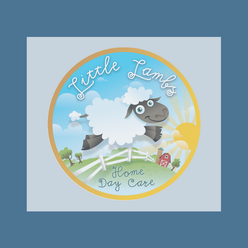 If you've made it this far, THANK YOU for reading, for following Little Lambs on this journey and for supporting small business. 2020 was not what any of us "planned," and 2021 continues to have its challenges, but I wouldn't change it. There have been; lessons learned, values entrenched, and mindsets shifted. There have been goodbyes and hellos. There have been memories made. Wishing you and your family health and community sincerely, Kristina Schwartz wife, momma, sister, daughter, aunt, friend and business owner ;)
1 Comment
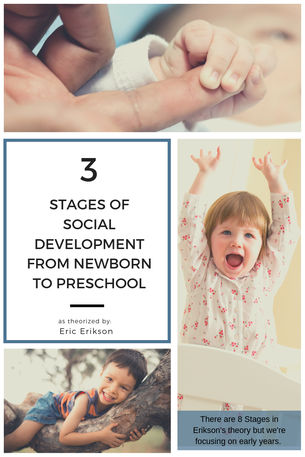 Thank you for stopping by our blog. If this is your first time visiting I hope you enjoy our personal views for the early years. Our topics and ideas are based on years of home childcare experience mixed with a balance of theory and new ideas from around the world. Today we're discussing how we as educators and parents can support children on their social development journey. We all know children who are born extroverts. They exude confidence and appear comfortable in any situation. In direct opposition, the introverted children in our lives do not appear confident in social situations. Often they pull away from peers and play independently. Home childcare programs. early-years classrooms, playdates at the park, and even individual home environments will have a mix of multiple personalities. Each child is an individual, and their individuality is to be respected. We are not "fixing" their deficits; instead, we are encouraging respectful and appropriate inclusiveness. I love a good child development theory. To start our discussion on supporting social development, it's only fair we go straight to Eric Erikson. Let's have a look at Erikson's first three stages. 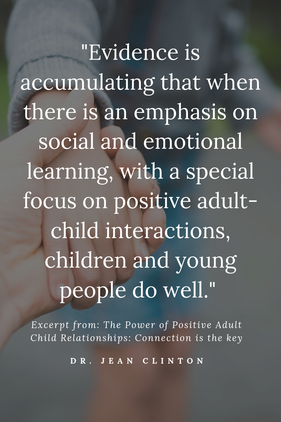 The common theme between the three stages is Relationships. Before children can build positive and reciprocal peer relationships, they need to build strong relationships with the core adults whom they interact with daily. These include but are not limited to parents, guardians, core educators, and caregivers. The importance of early relationships is a big reason why I love Home Child Care as much as I do. Home Daycare by it's very formation is one educator who cares for the child from infancy to school age. Whereas in a daycare centre the child is transitioned to a new room, new educator, possibly a whole new group of peers as they enter each new age group. There are a few daycares who follow the Reggio Emilia approach and keep the same educator with the same group of children as they grow from infancy to school age. Again the core value that early relationships are crucial to life long success is paramount. So how does this knowledge guide us to support children's social development?
Another practical step we can take to support social development is to intentionally plan activities and "invitations to play" that promote social interaction. Learning in the early years is fundamentally a social experience. As children learn about themselves and others, they strengthen their emotional intelligence, their ability to construct plans, and attend to what's important. They do all this based on the values and practices their core adults provide through daily activities. Thoughtfully planned "curriculum" supports children to develop these skills through potential social interactions with their peers and adults. These "5 Great Curriculum Starters" listed are just that, STARTERS. When planning daily activities, reflective practices are paramount. The use of different centres and manipulative's within a childcare environment are what create opportunities for meaningful play. Not listed in the infographic are imaginative play centers. These include dress-up, kitchens, tool benches, cleaning supplies, animal care kits, and more. ELECT (Early Learning For Every Child Today) is a valuable resource used by early childhood educators and childcare providers. This document outlines developmental domains and lists indicators of skills for each age group. As a next step, I encourage you to review social and emotional development for each age group. Linking "indicators of skills" to your specific curriculum can support how you view the children in your care. Hopefully, by observing and reflecting on "what's developmentally normal," you are better able to scaffold the children's learning. sources:
Clinton J., (n.d). The power of positive adult child relationships: connection is the key. Retrieved from: http://www.edu.gov.on.ca/childcare/clinton.pdf Joseph, G. & Strain, P. S. (2004). Building positive relationships with young children.Young Exceptional Children, 7(4), 21-29. Ontario Ministry of Education (2007). Early Learning for Every Child Today: A Framework for Ontario’s Early Childhood Settings. Retrieved from http://www.edu.gov.on.ca/childcare/ oelf/continuum/continuum.pdf Ostrosky, M. M. & Jung, E. Y. (2010). What Works Briefs: Building Positive Teacher-Child Relationships. Center on the Social and Emotional Foundations for Early Learning. Retrieved from http://csefel.vanderbilt.edu/briefs/wwb12.pdf I have been trying lately to align what my core foundational theories are. When looking at current research concerning early childhood development, the top three approaches are #1. Reggio #2. Montessori #3. Emergent Curriculum. All of these approaches to building learning environments and teaching practices are quite similar. They all appreciate the need to build strong relationships in the early years. They all prefer more natural play materials, and finally, they all see the child as capable and competent. Home childcare providers within Little Lambs are encouraged if not required to follow the above practices. HOWEVER intrinsically there is just something else happening in the home childcare environment. Something that the listed approaches don't cover. I haven't been able to put my finger on what that "thing" was until recently. While looking through my Spotify app, I found a new early years podcast (well…new to me). Kimberly @KSEYconsultancy founded the podcast titled "Hygge in the Early Years." I'm hooked! Honestly, Kimberly is a breath of fresh air. AND her accent/tone makes her sound like one of the sweetest people on the planet. Kimberly's podcast is as much about early childhood learning and environments as it is about educators and their self-care and well-being. The foundation she has built for her early year's programs and her mentorship is based on a single word, "Hygge." "Hygge (pronounced hue-guh, not hoo-gah) is a Danish word used when acknowledging a feeling or moment, ordinary or extraordinary as cozy, charming or special." (S. Bennett, The Curiosity Approach). Anyone who knows me knows how much I love my blankets. I sit curled up on the couch, mug in hand with my Hubby every single night. Guess what??? That's Hygge! Think twinkly lights, candles, the roar of a fire. Think warm drinks, blankets, and nurturing food. Think about being out in nature, enjoying all the seasons to the fullest: in as many ways possible. Think spending money on memories vs. things. Think relationships, socializing, laughter, and self-care. Hygge sounds like my life! It looks like what I believe home childcare can and should be. Going beyond the concept of environment and relationships, Hygge gives a term to how children feel while at the home childcare premises. It's truly a sense of well-being. The depth of relationships is vast in the Home Child Care Environment. Children from infancy to school age are cared for by a single childcare provider. During this time, they build strong relationships with the other daycare children as well as the providers own children. Often children will wave good-bye in the morning and greet the provider's partner again at the end of the day. These tertiary relationships are not something that happens in the daycare centre environment. Over and over again, I have preached "non-institutionalized" environments in the early years. Homes are by their very essence "non-institutional." Even the most beautiful classrooms are still that…classrooms. Children will be in traditional education from Kindergarten through to High School and post-secondary education. Through our partnership with home childcare providers, we create incredible learning environments that support the development of responsive relationships that allow children to explore, grow, and learn. We do all of this while providing a cozy home environment. So when searching for
I found Hygge! I hope that you have enjoyed reading this post as much as I have enjoyed typing away under the comfort of my blanket ;) 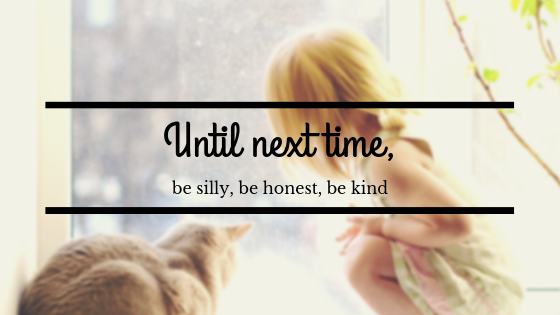 sources: S.Bennett (N.d)-Hygge in The Early Years,. sourced from: https://www.thecuriosityapproach.com/blog/hygge-in-the-early-years K.Smith (n.d)- Hygge in the Early Years., sourced from: https://www.facebook.com/pg/KSEYconsultancy/about/?ref=page_internal |
Early Years at Home When we refer to home we refer to a feeling of welcome, family, comfort and belonging. Licensed home child care offers the feeling of "home" with the benefits of early years pedagogy. Categories
All
Archives
June 2023
©Little Lambs Home Daycare
©Kristina Schwartz |
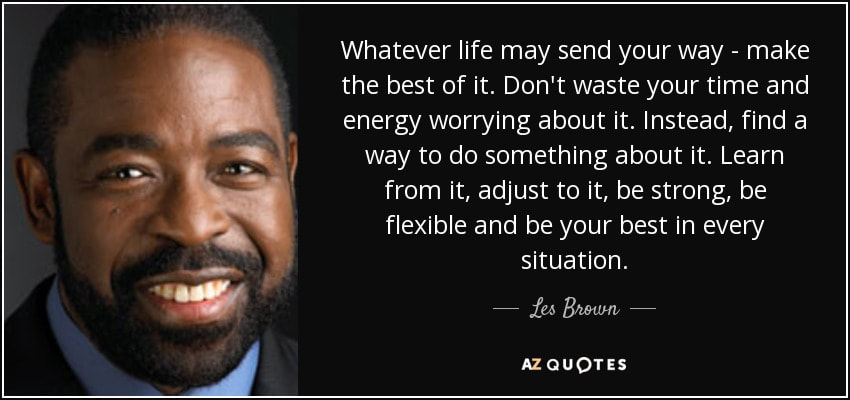
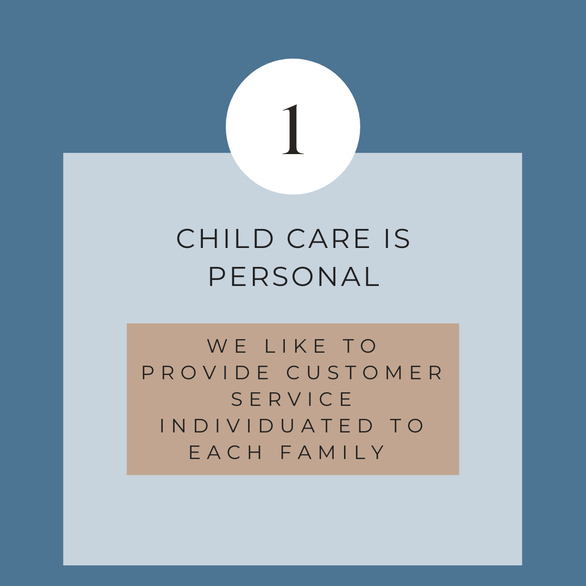
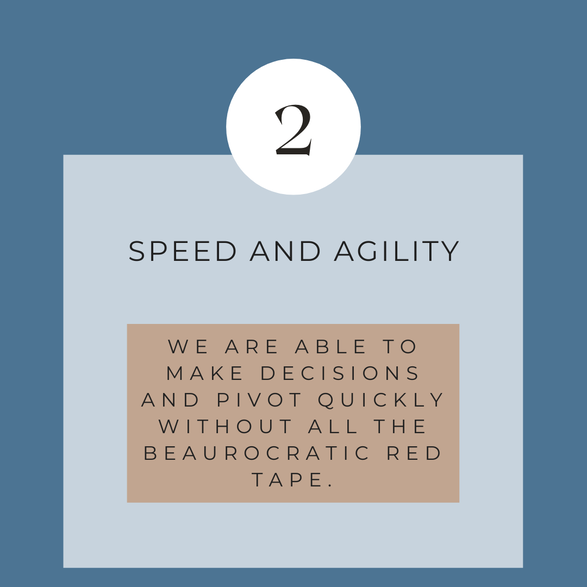
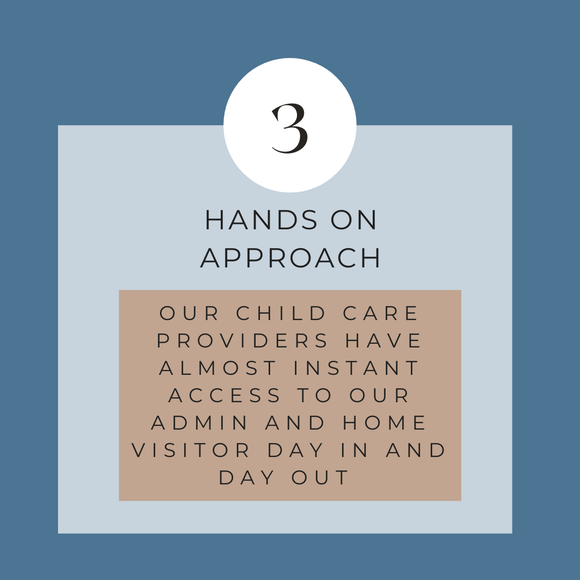
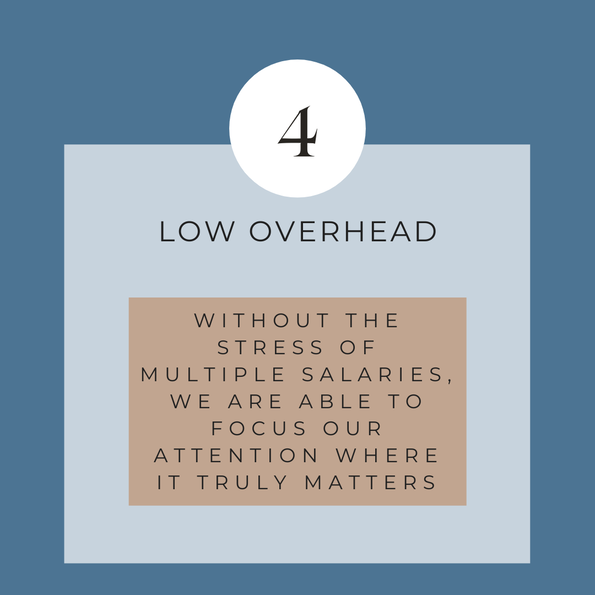
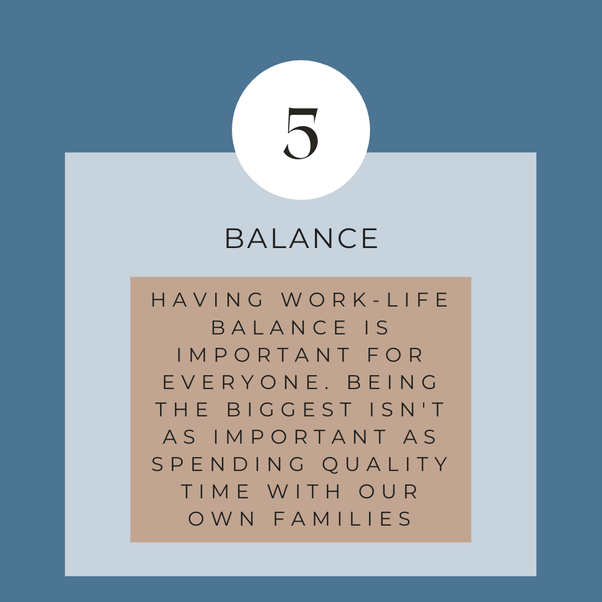
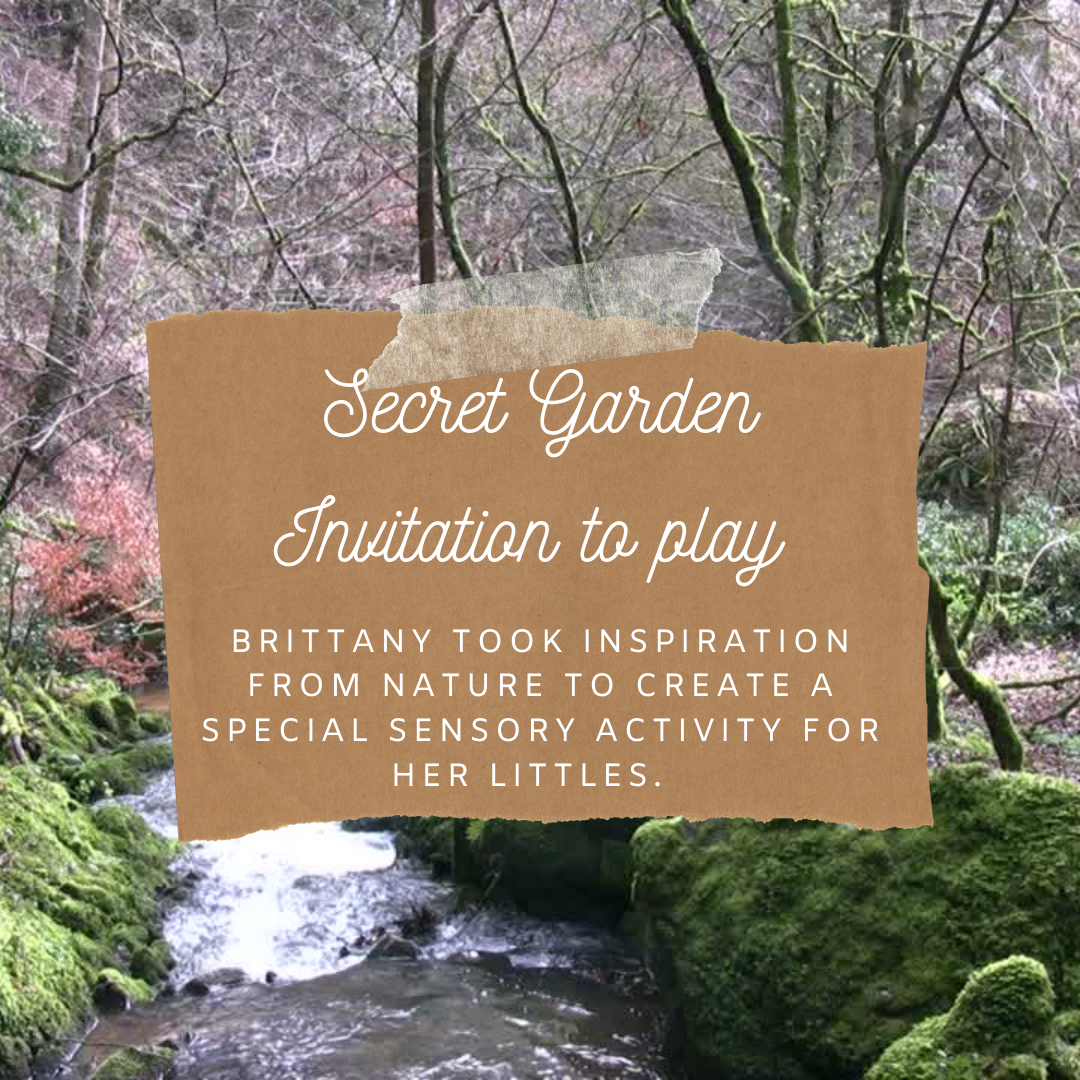
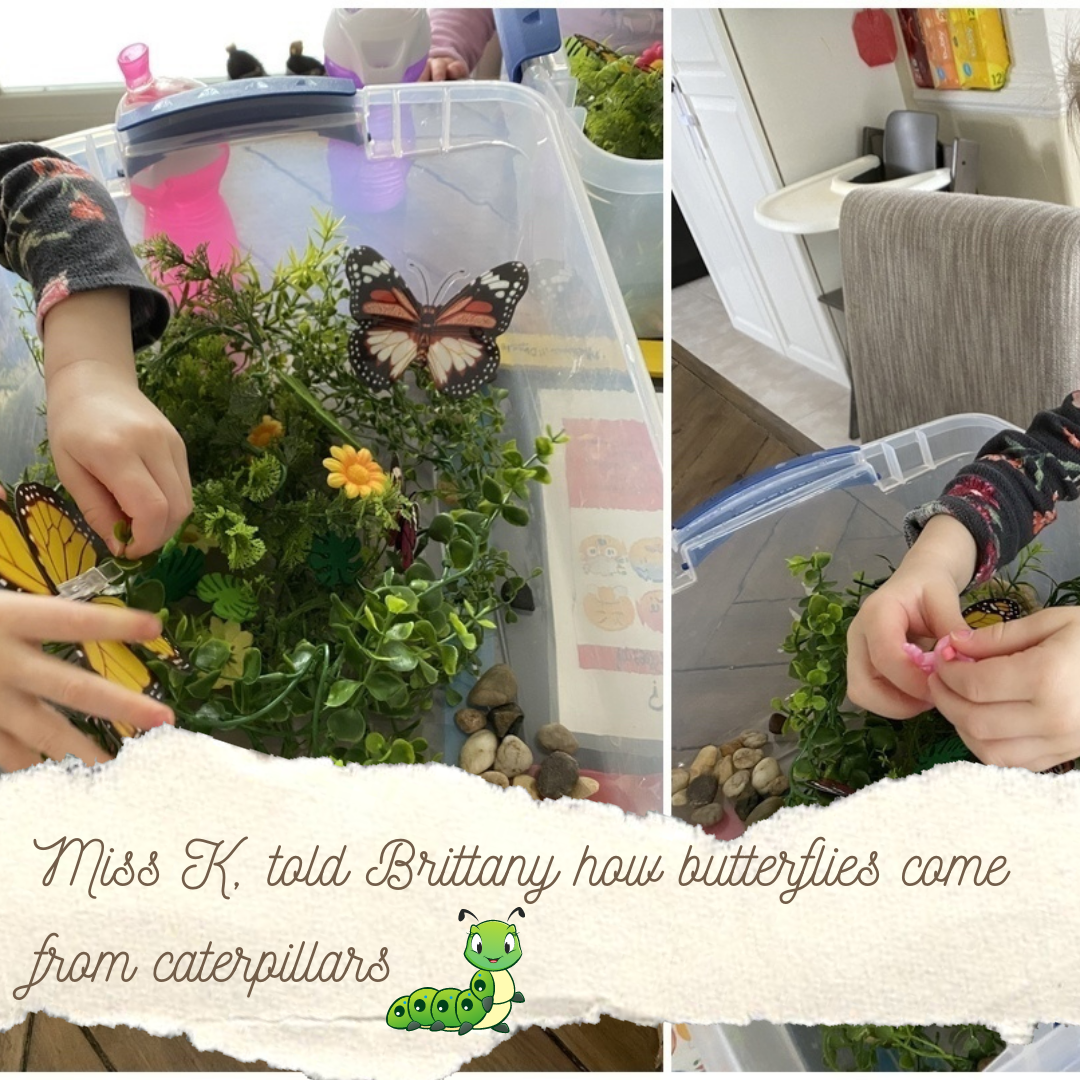
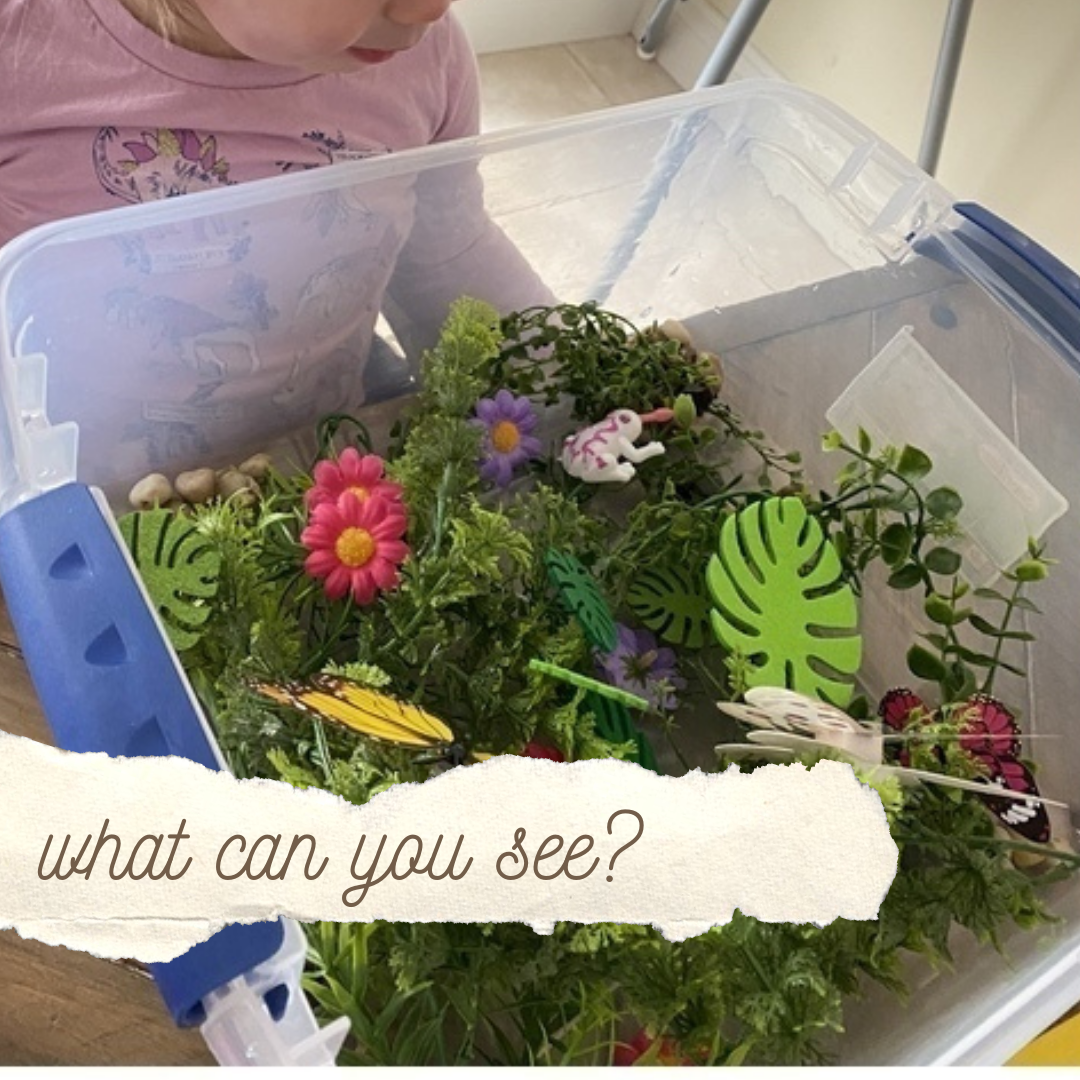
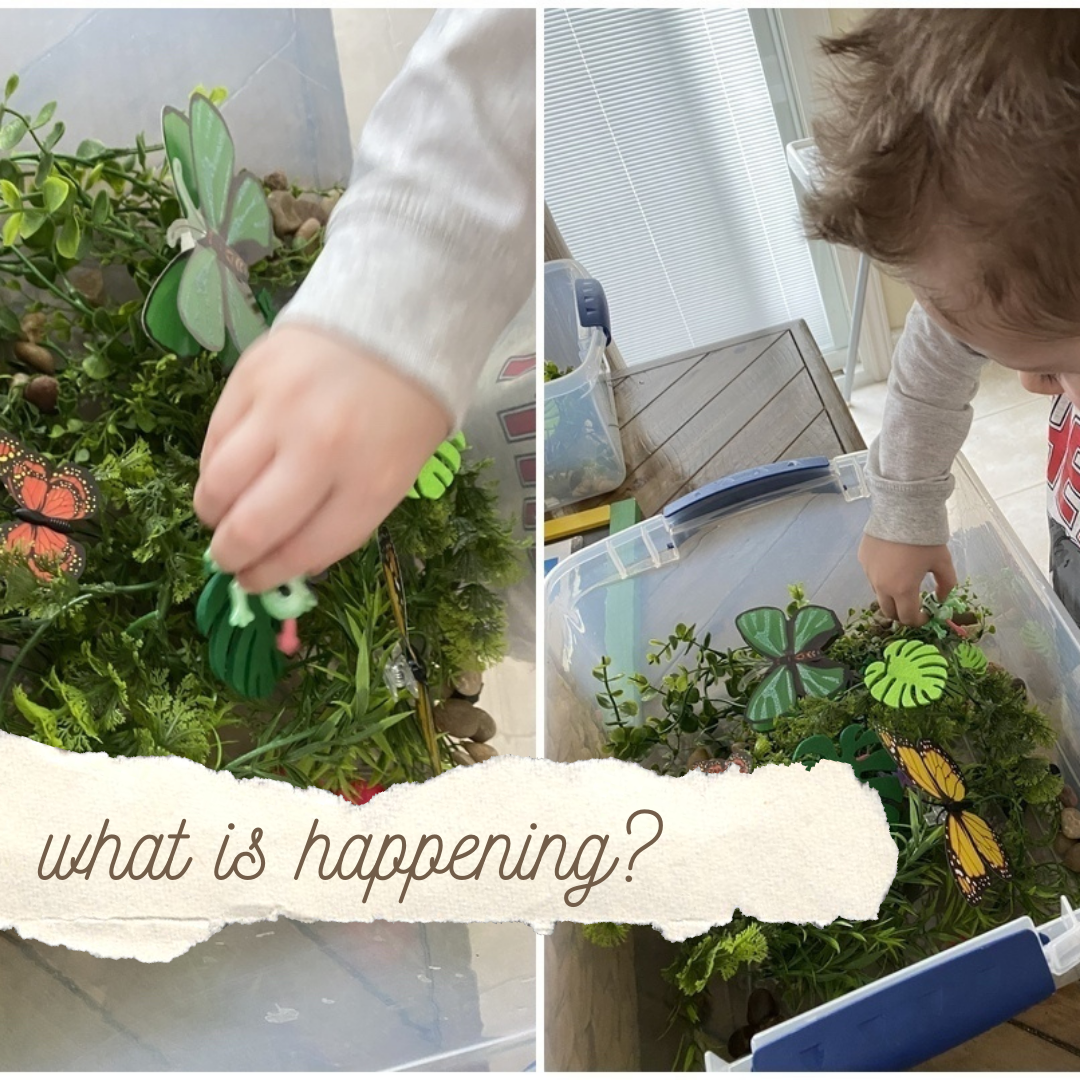
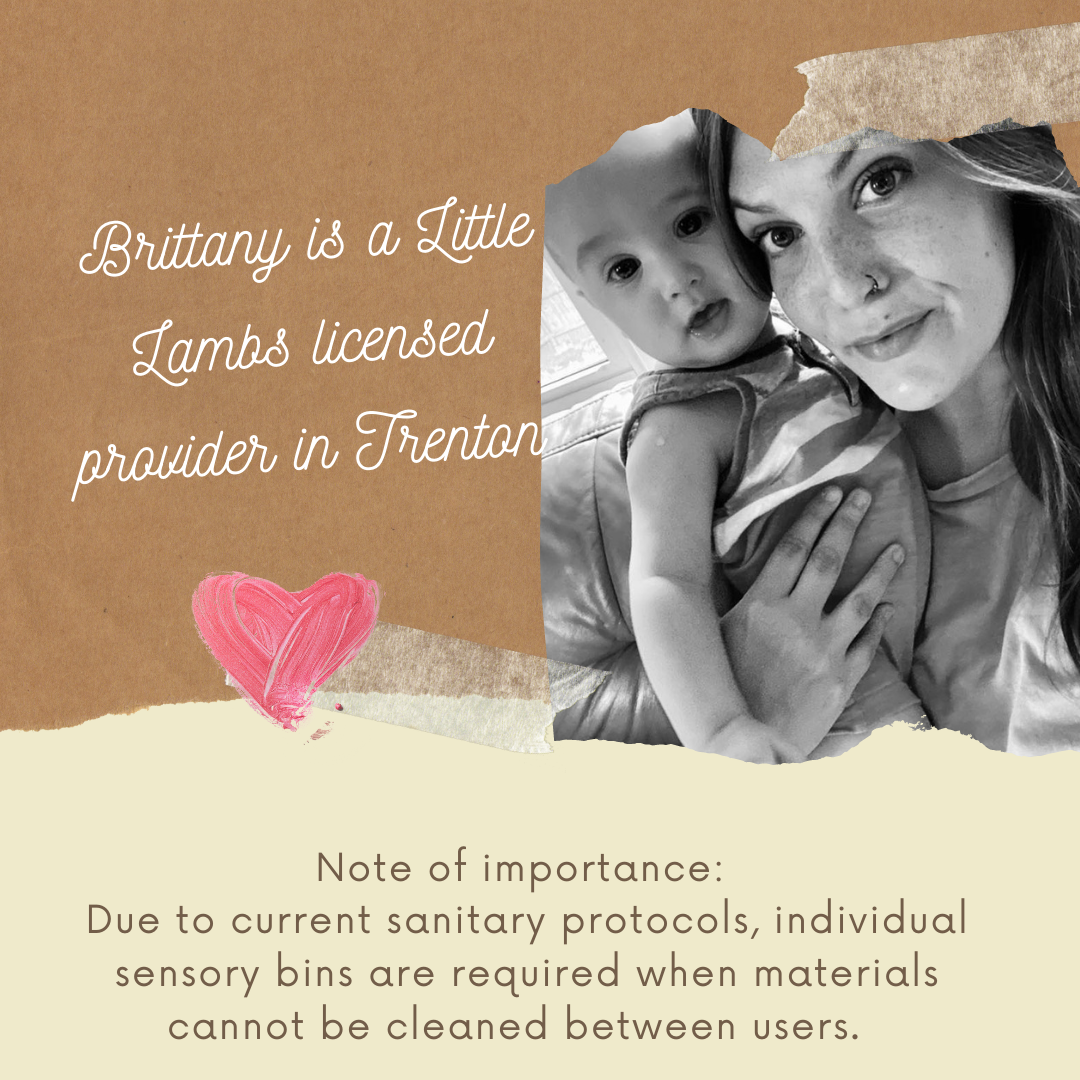
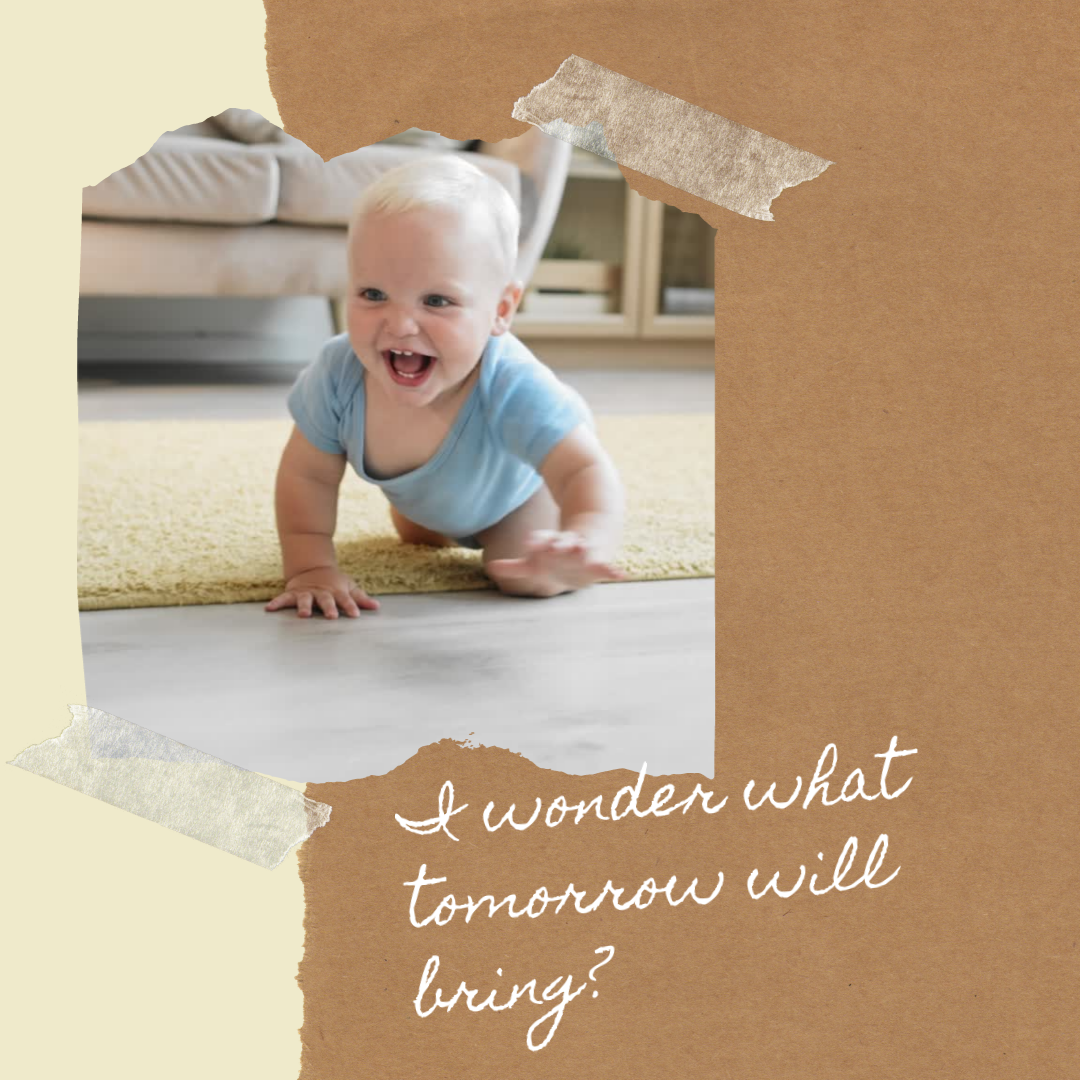
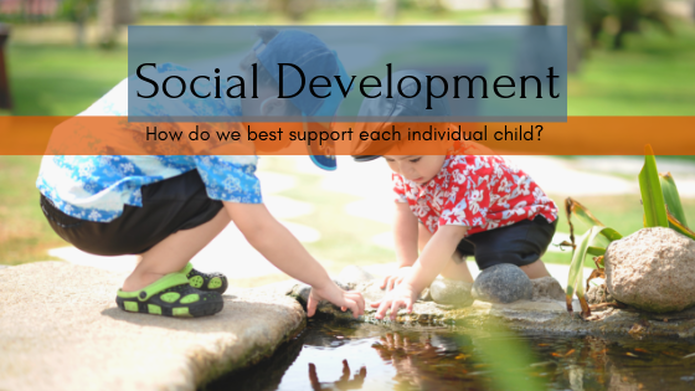
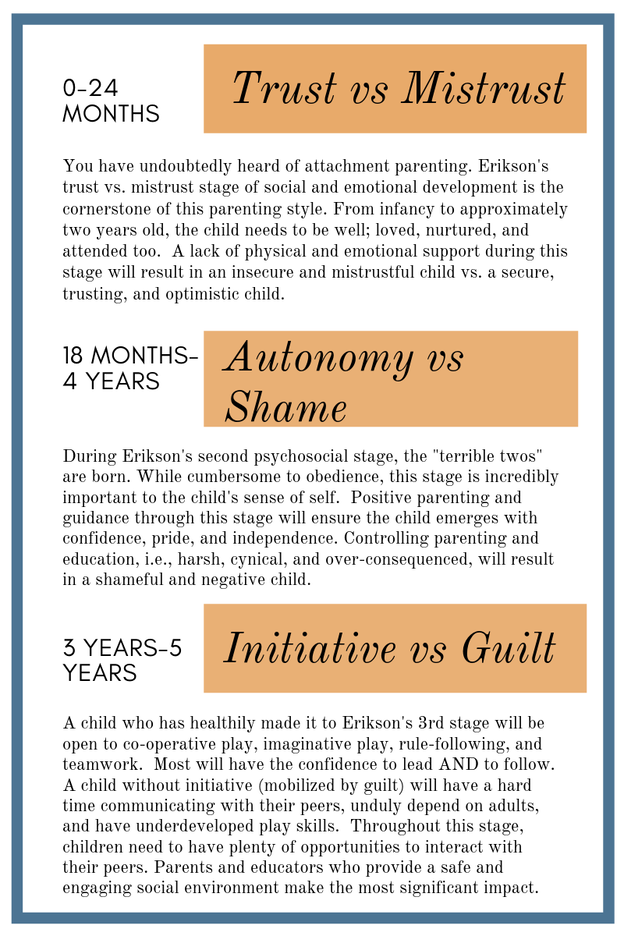
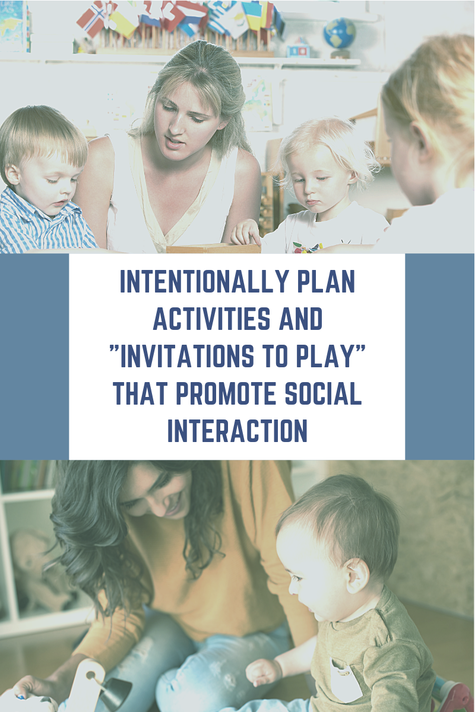
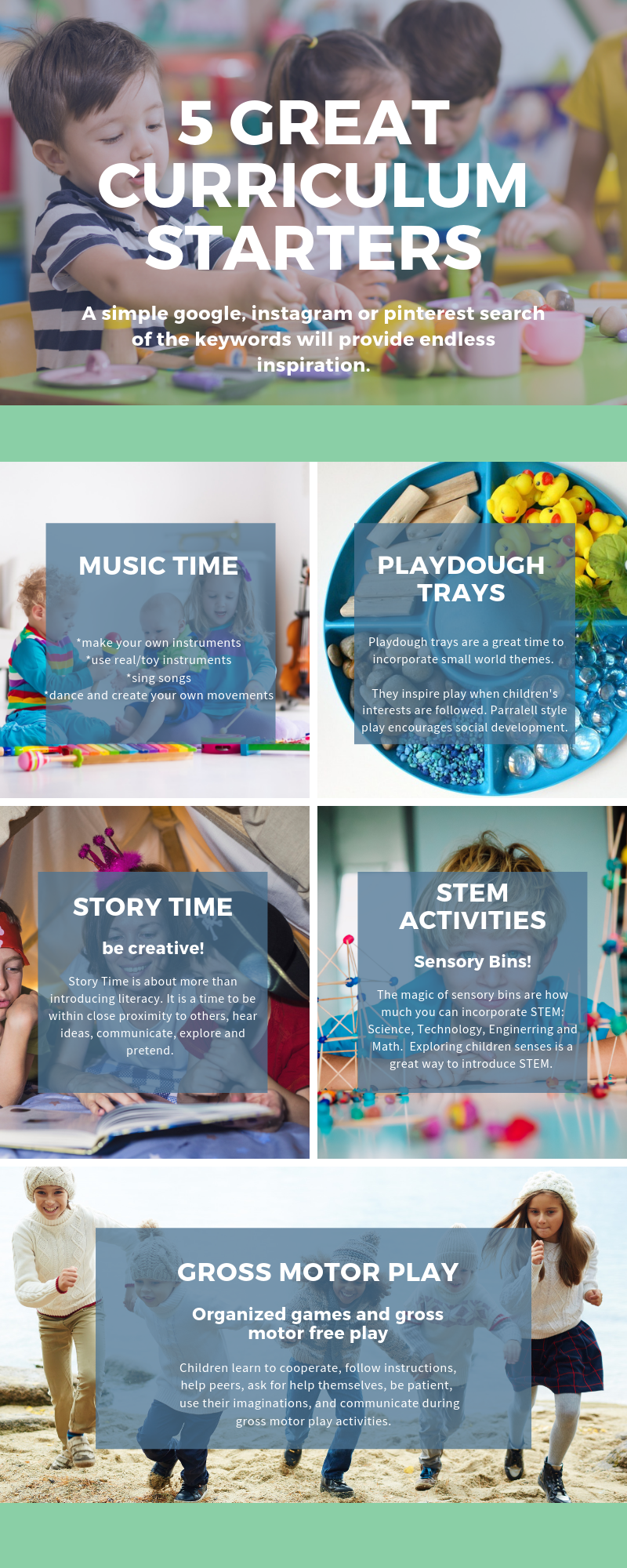
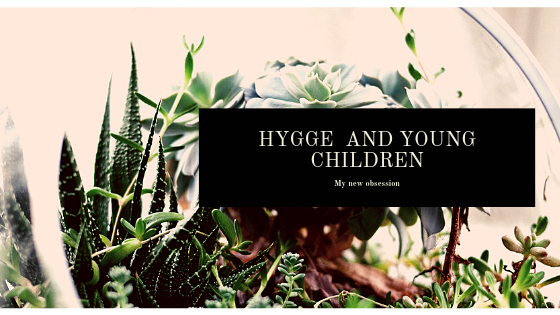
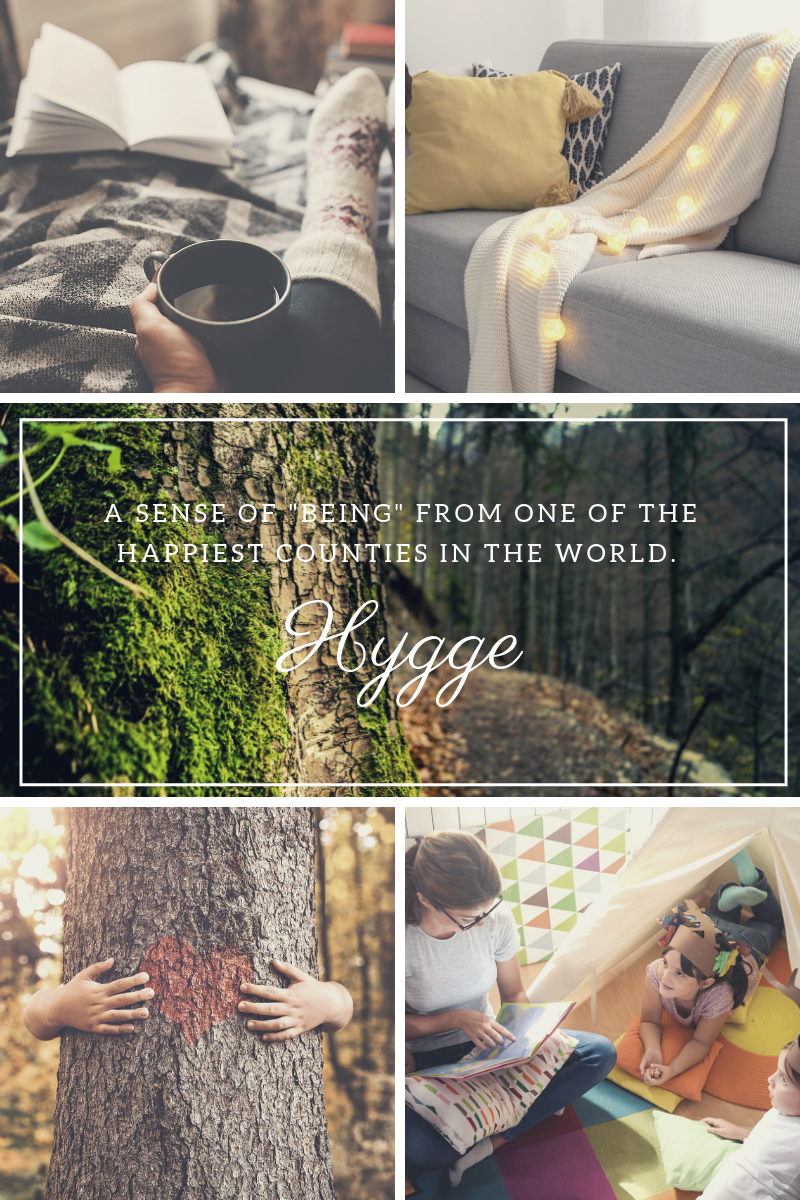
 RSS Feed
RSS Feed